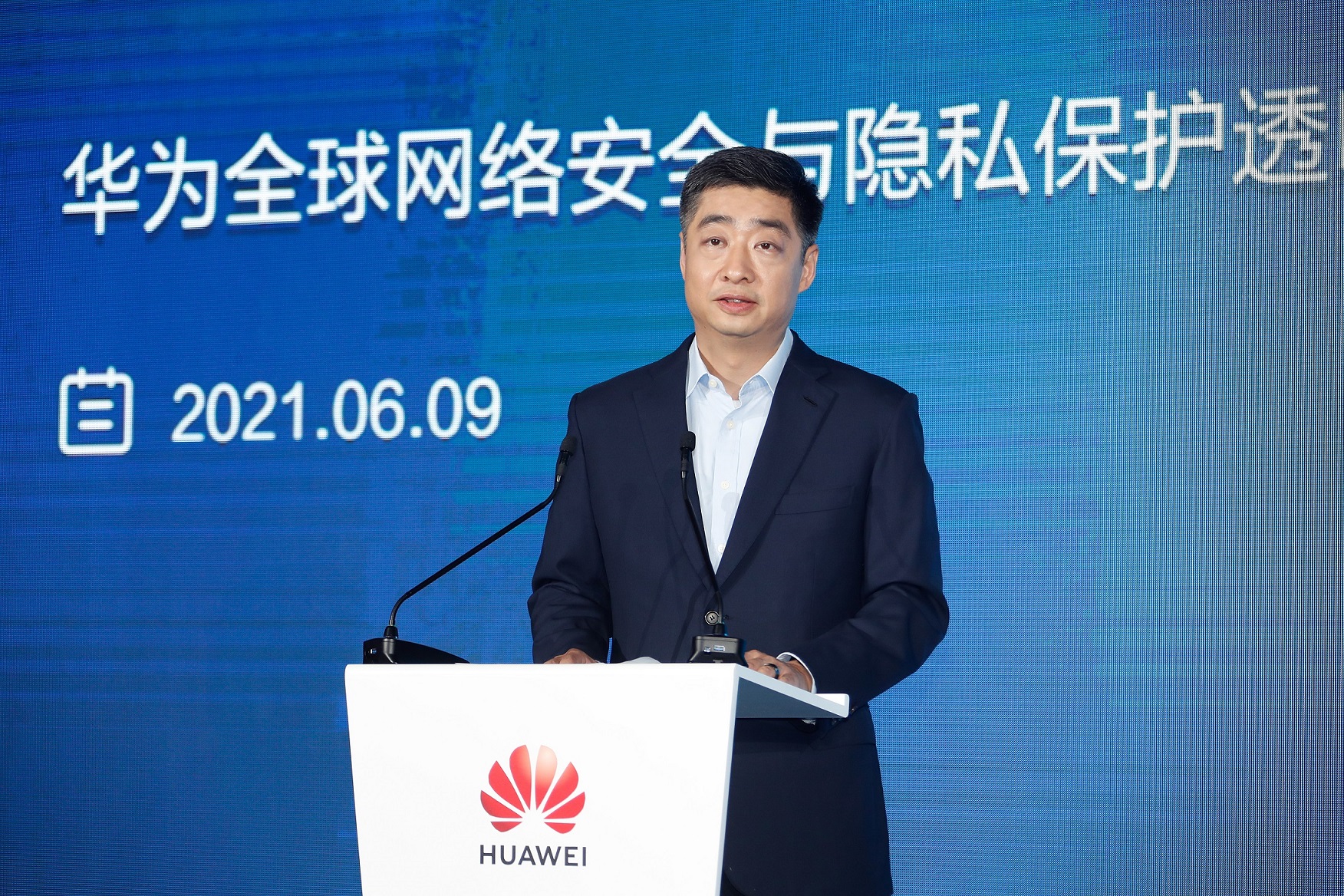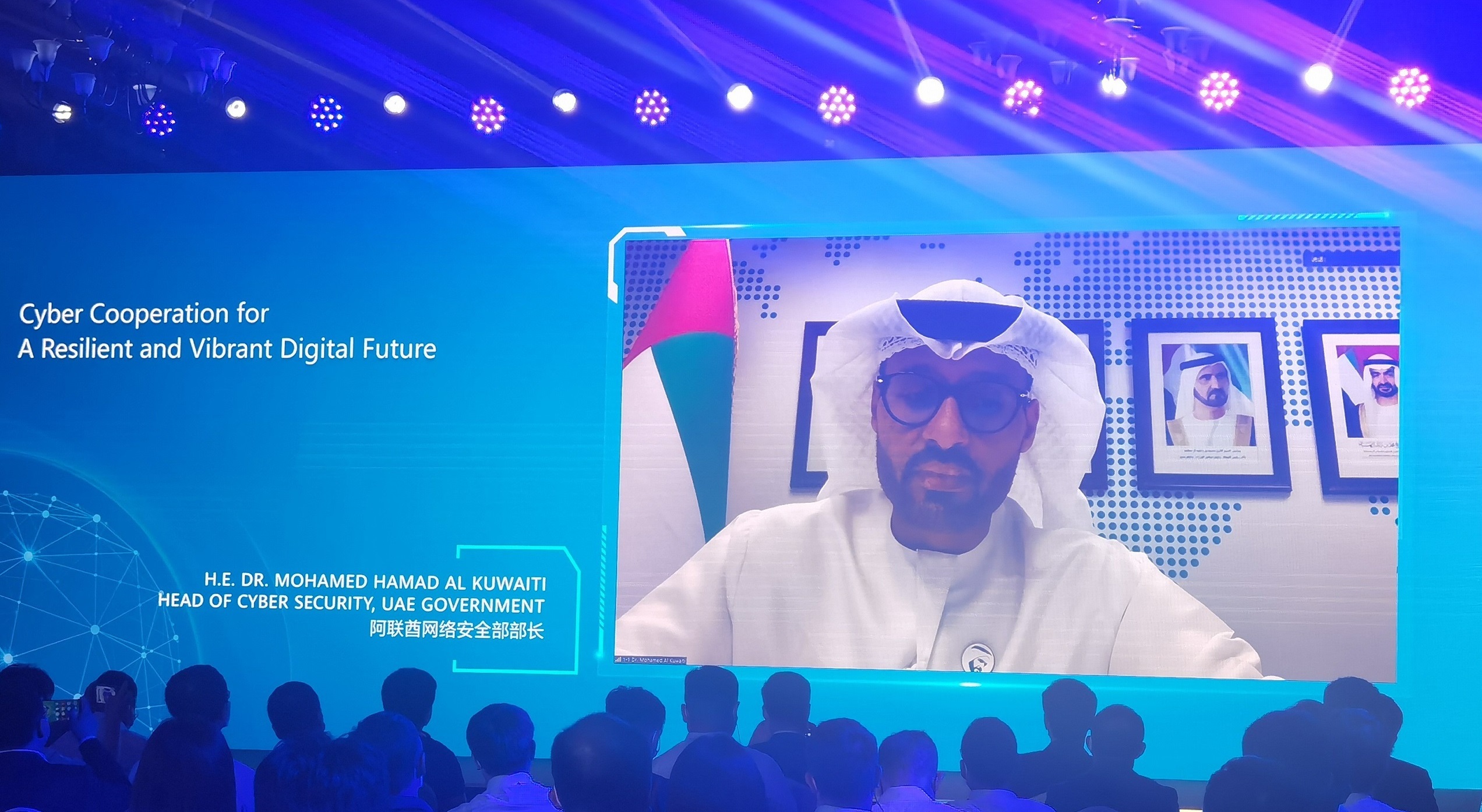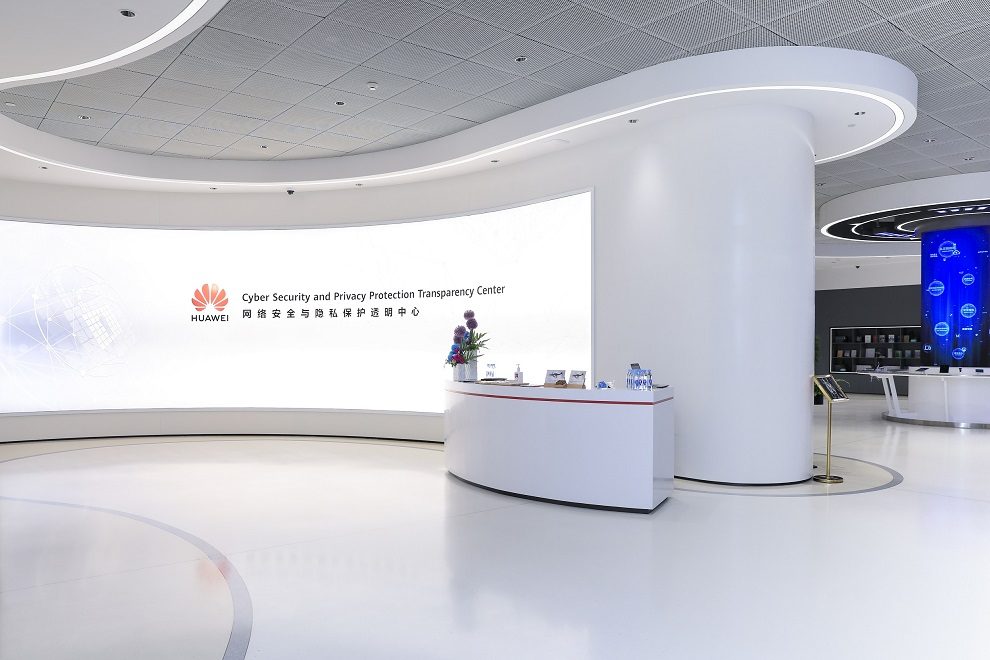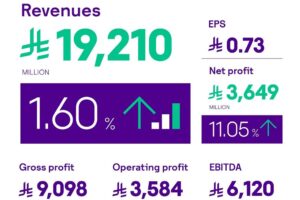Opens largest Global Cyber Security and Privacy Protection Transparency Center in China
By: Khalid Athar
Technology has been around for several decades now, and it’s become an integral part of our daily lives. It can do everything from keeping us on track to running a business smoothly. The downside is that the technology poses challenges in cyber security and privacy protection because hackers are constantly looking for new ways into your personal information.
Cybersecurity is important because it protects all categories of data from theft and damage. This includes sensitive data, personally identifiable information (PII), protected health information (PHI), personal information, intellectual property, industry secrets and more.
Keeping the importance of cybersecurity in perspective, Huawei Technologies, the leading global provider of information and communications technology (ICT) infrastructure and smart devices a global looks forward to collaborating with stakeholders as it works together through technological innovation while also improving standards/certifications which will govern how people use their device day-to-day.
Huawei has a strong history of providing global communication services. Supporting 1,500 carrier networks in 170 countries and regions over the last 30 years, Huawei is dedicated to helping people around the world connect with each other through their innovative products that improve lives globally every day.
The latest step taken by Huawei in the direction to provide increased cybersecurity is the opening of its largest Global Cyber Security and Privacy Protection Transparency Center in China.
The Center has opened to regulators, independent third-party testing organizations, standards organizations and its customers so that they can view how their products are made and will be used to increase transparency, provide more information on how Huawei deals with cybersecurity issues, and address privacy concerns.
The company believes that this will help it gain trust from international partners, governments, enterprises, and consumers.
The Center provides customers with a platform for security testing and verification, advice on Huawei products from technical experts. The Center also offers consulting services to help you choose the best solutions.
The Huawei Innovation Centre serves three functions: demonstration and experience, communication and innovation, as well as security validation service providers.
Service Providers can test your own hardware or software under the supervision at HICC using an IoT-ready device lab by contacting us directly in order to book time slots if needed!
Huawei’s security Centers are becoming more and more popular. The company has opened seven of them in countries all over the world, including China, Canada, Germany, Italy etc., where customers have praised Huawei for its openness when it comes to cyber-security issues.
In total 700 customer exchanges were carried out at these centres from 2010 onwards – proving that they’re a major boon for industry standards, organizations as well as individual companies who need higher levels of protection than is typically available on average networks
Huawei’s Global Center for Cyber Security is oriented towards customers, partners, and suppliers all over the world. The opening of this center takes into account regulatory authorities in different parts of the world as well as standards organizations that will allow Huawei to better serve their needs with stronger commitments in cyber security while providing a foundation for cooperation on future issues based on shared values.
Cyberspace is becoming more complex than ever as 5G and AI continue to grow in the industry. With people spending a greater portion of their lives online, new cyber security risks arise due to this increased connectivity.
Organizations like GSMA have also been working with other stakeholders such as 3GPP for NESAS Security Assurance Specifications and independent certifications that have seen wide acceptance throughout the telecoms industry which will help bring an end towards these rising threats faced by cyberspace today.
At an event which was conducted for the launch of this session, Huawei also released its Product Cyber Security Baseline, the culmination of over a decade of experience in product security management, incorporating a broad range of external regulations, technical standards, and regulatory requirements.
 Ken Hu, Huawei’s Rotating Chairman has said at the opening of the Dongguan center that “Cyber security is more important than ever“.
Ken Hu, Huawei’s Rotating Chairman has said at the opening of the Dongguan center that “Cyber security is more important than ever“.
He further commented, “As an industry, we need to work together, share best practices, and build our collective capabilities in governance, standards, technology, and verification. We need to give both the general public and regulators a reason to trust in the security of the products and services they use on a daily basis. Together, we can strike the right balance between security and development in an increasingly digital world.”
“Of course, our cyber security assurance systems were not developed in a vacuum. They’re also the result of regular engagement, joint research, and joint innovation with our customers, partners, regulators, and standards organizations around the world. That’s what this Cyber Security Transparency Center is all about. Two years ago, we opened a similar center in Brussels. At the time I talked about our ABC principle for security at Huawei: Assume nothing. Believe nobody. Check everything. The idea is that both trust and distrust should be based on facts, not feelings, not speculation, and not baseless rumor. We believe that facts must be verifiable, and verification must be based on standards.” Hu added.
During his keynote, Hu also mentioned that on a global scale, with increasing cyberattacks, all industries are taking cyber security more seriously. In the public sector, new laws, regulations, and standards are being introduced on a regular basis. In the past two years alone, more than 180 cyber security laws have been passed in 151 countries.
 During the opening, Dr. Mohamed Hamad Al Kuwaiti, Head of Cyber Security, UAE, delivered a keynote on the importance of cyber cooperation for a resilient and vibrant digital future. “A public-private partnership will be critical to build collaboration among private, public and government entities so as to establish a globally trusted digital oasis in the UAE,” he said.
During the opening, Dr. Mohamed Hamad Al Kuwaiti, Head of Cyber Security, UAE, delivered a keynote on the importance of cyber cooperation for a resilient and vibrant digital future. “A public-private partnership will be critical to build collaboration among private, public and government entities so as to establish a globally trusted digital oasis in the UAE,” he said.
Mats Granryd, Director General of GSMA, spoke at the opening of Huawei’s new center. “The delivery of existing and new services in the 5G era will rely heavily on the connectivity provided by mobile networks and will fundamentally depend on the underlying technology being secure and trusted,” he said. “Initiatives such as the GSMA 5G Cybersecurity Knowledge Base, designed to help stakeholders understand and mitigate network risks, and NESAS, an industry-wide security assurance framework, are designed to facilitate improvements in network equipment security levels across the sector.”
Sean Yang, Director of Huawei’s Global Cyber Security and Privacy Protection Office said, “This is the first time we’ve shared our security baseline framework with the entire industry, not just core suppliers. We want to invite all stakeholders, including customers, regulators, standards organizations, technology providers, and testing organizations, to join us in discussing and working on cyber security baselines. Together, we can continuously improve product security across the industry.”
Huawei has made it their mission to connect the world, and also ensure that all of these connections are safe. They have built over 1,500 networks across 170 countries with three billion users on them without a major security incident being reported yet – but they’re not stopping there!












